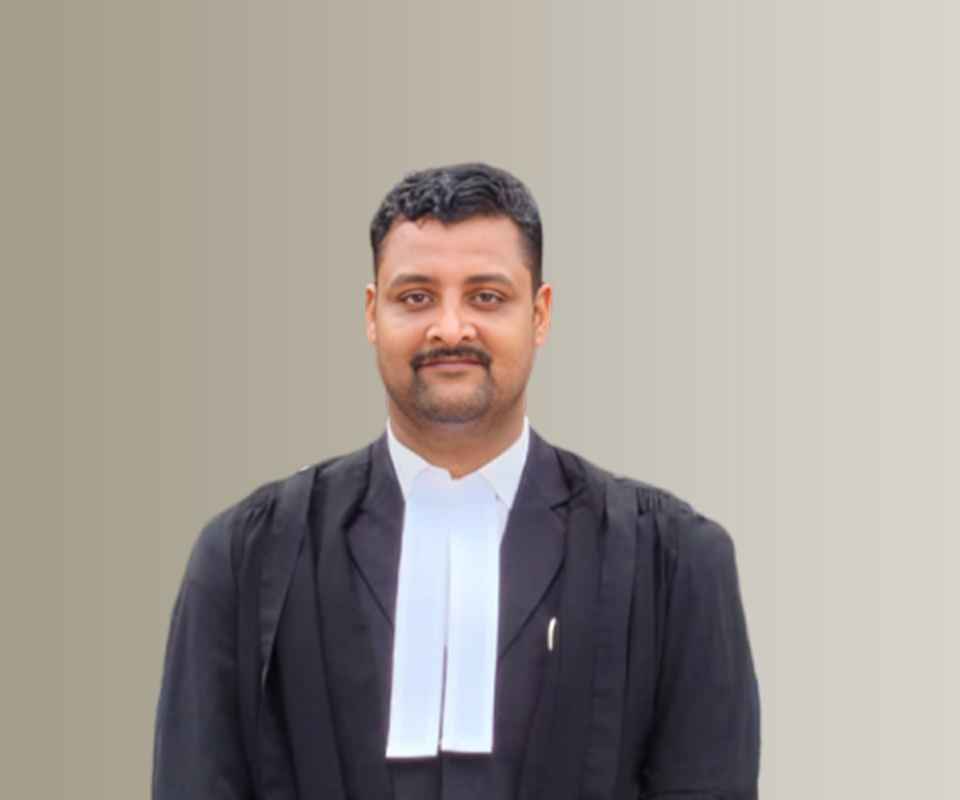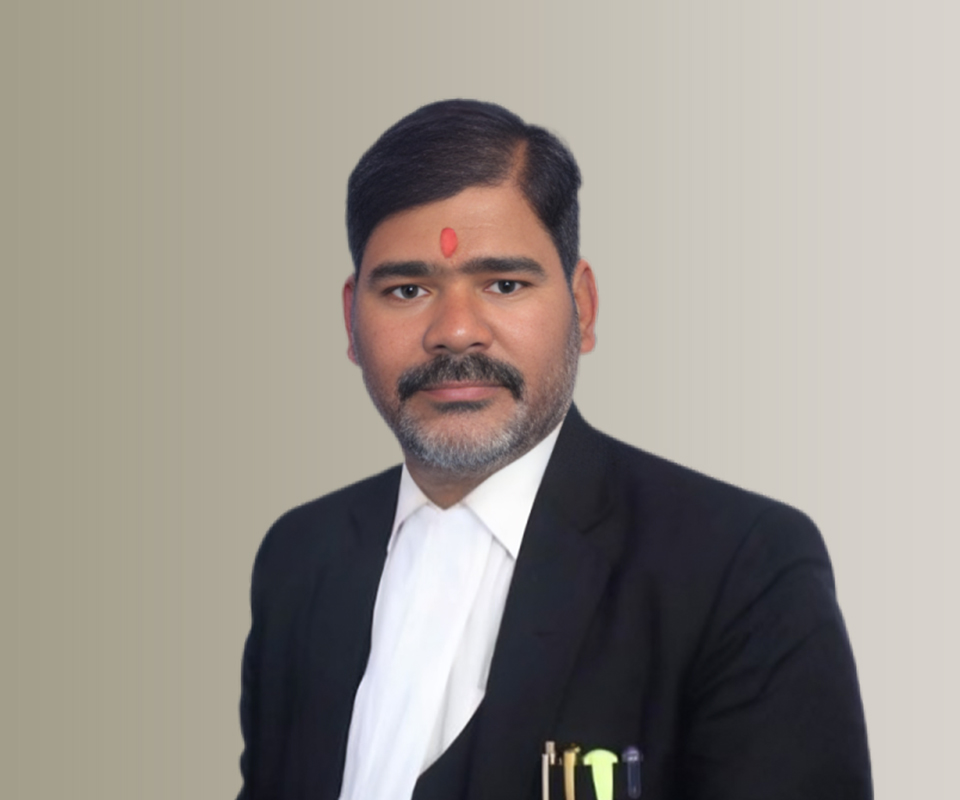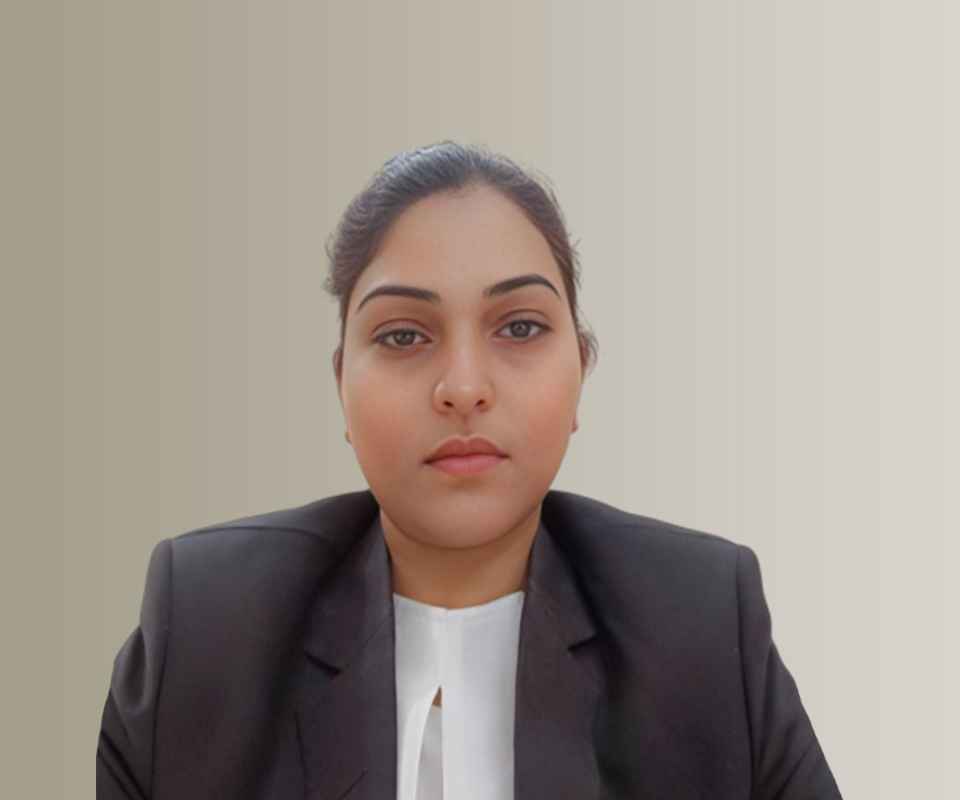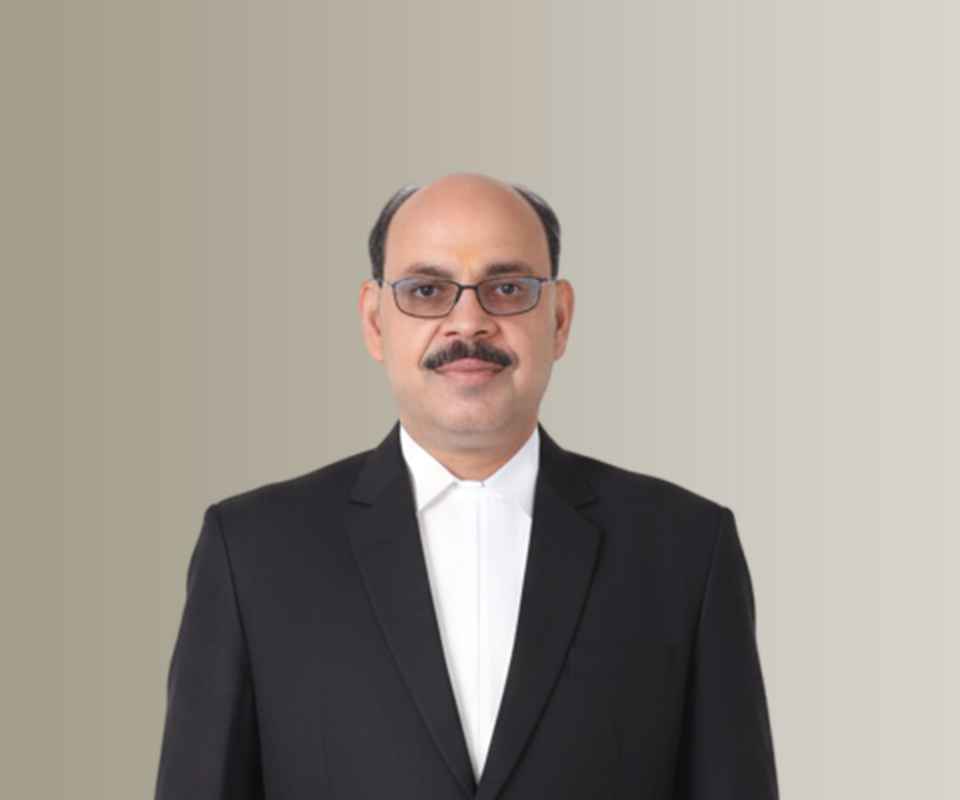Answer By law4u team
Victims of domestic violence in India can access a wide range of support services that provide them with essential protection, legal aid, counseling, shelter, medical assistance, and financial support. These services are available through both government initiatives and non-governmental organizations (NGOs), ensuring that survivors have access to comprehensive help.
1. Legal Aid and Support
Legal Aid:
Victims of domestic violence can seek free legal assistance through the National Legal Services Authority (NALSA) and State Legal Services Authorities. This ensures that survivors, regardless of their financial status, can pursue justice and legal redress without facing financial barriers.
Protection Orders:
Under the Protection of Women from Domestic Violence Act (PWDV Act), victims can seek legal protection such as protection orders, residence orders, and monetary relief. Lawyers and legal advocates provided by government schemes or NGOs can help navigate these processes.
Counseling and Mediation:
Some legal services also include counseling and mediation services to resolve disputes and provide emotional support during the legal process.
2. Shelter and Safe Spaces
Shelters for Domestic Violence Victims:
Shelters or short-term homes are available for victims who need a safe place to stay away from the abuser. These shelters provide accommodation, food, and basic needs, as well as protection from further harm. Shelters are often managed by NGOs, the State Women’s Welfare Department, or under government schemes such as the Swadhar Greh Scheme (run by the Ministry of Women and Child Development). These shelters may also offer access to legal counseling, medical care, and vocational training.
One-Stop Centres (OSCs):
The Ministry of Women and Child Development has established One-Stop Centres for women who face violence, which offer comprehensive support in a single location. These centres provide services such as:
- Emergency Response (24-hour assistance).
- Medical care.
- Legal aid and counseling.
- Police assistance for protection.
- Shelter and food.
3. Medical Assistance
Medical Services:
Victims of domestic violence often require medical care for physical injuries, emotional trauma, and mental health counseling. Government hospitals, private clinics, and NGOs offer free or subsidized medical assistance. Many hospitals have counseling cells and psychiatric care available for survivors of domestic violence. They can also provide medical documentation of injuries that can be used as evidence in court.
Free Medical Camps:
Some NGOs organize free medical camps and health check-ups for victims of domestic violence, focusing on physical and mental health. These camps can help victims access immediate medical treatment and preventative care for long-term physical and psychological harm.
4. Counseling and Psychological Support
Mental Health and Counseling Services:
Domestic violence often leads to mental health issues such as depression, anxiety, and post-traumatic stress disorder (PTSD). Counseling services help victims process their trauma, rebuild their self-esteem, and empower them to break the cycle of abuse. NGOs and government centers often offer free or subsidized therapy sessions. Many One-Stop Centres also have trained counselors who provide support and guidance to survivors of abuse.
Hotlines for Immediate Support:
Helplines such as the National Commission for Women (NCW) Helpline (181) provide immediate counseling and guidance to domestic violence survivors. These helplines are often available 24/7, offering emotional support and advice on how to take legal or protective steps.
5. Financial Support and Rehabilitation
Monetary Relief and Compensation:
Under the Protection of Women from Domestic Violence Act (PWDV Act), victims can claim monetary relief for damages caused by the abuse, including medical expenses, loss of earnings, and emotional distress. The court can order the abuser to pay maintenance for the survivor and her children.
Swadhar Greh Scheme:
Under the Swadhar Greh Scheme, women who are victims of violence can receive financial aid for rehabilitation, including vocational training, education, and employment opportunities.
Government Schemes:
The Ministry of Women and Child Development offers various schemes for the rehabilitation of domestic violence victims, including:
- Support for livelihood programs.
- Educational assistance.
- Skill development and training programs to help victims become financially independent.
Cash Assistance:
Government schemes such as the National Family Benefit Scheme provide cash assistance to victims of violence, particularly those who have lost their breadwinner due to violence.
6. Crisis Intervention and Protection Services
Police Support:
The police play a crucial role in offering immediate protection to victims of domestic violence. They can intervene in emergency situations, arrest perpetrators, and provide a safe environment for the victim. Victims can file a First Information Report (FIR) or seek help under the PWDV Act to obtain protection orders.
24-Hour Emergency Helplines:
Helplines such as 1091 (Women’s Helpline), 181 (National Commission for Women Helpline), and 112 (Police Emergency) are available to help victims get immediate assistance in situations of danger. They provide access to police protection, medical support, and counseling.
7. Public Awareness and Community Support
Awareness Campaigns:
The government and NGOs run public awareness campaigns to educate people about the legal rights of domestic violence victims, the available services, and how to seek help. These campaigns also aim to challenge societal norms that perpetuate domestic violence and create a more supportive environment for survivors.
Example:
Sita, a victim of severe emotional and physical abuse, decides to leave her abusive husband. She contacts a One-Stop Centre (OSC) in her city, where she is immediately provided with a shelter, counseling, and legal assistance. At the OSC, she is also given access to medical care for her injuries and receives information about her legal rights under the Protection of Women from Domestic Violence Act.
The center helps her file for a protection order and interim maintenance from her husband. Sita is also enrolled in a vocational training program to help her become financially independent. The government’s Swadhar Greh Scheme provides her with financial support for rehabilitation, and she is connected to a helpline that offers ongoing emotional support as she rebuilds her life.
Conclusion:
There is a comprehensive range of support services available to victims of domestic violence in India. These include legal aid, shelters, counseling services, medical assistance, financial support, and police protection. These services, provided by both government initiatives and NGOs, play a crucial role in helping survivors of domestic violence escape abusive situations, rebuild their lives, and access justice.







